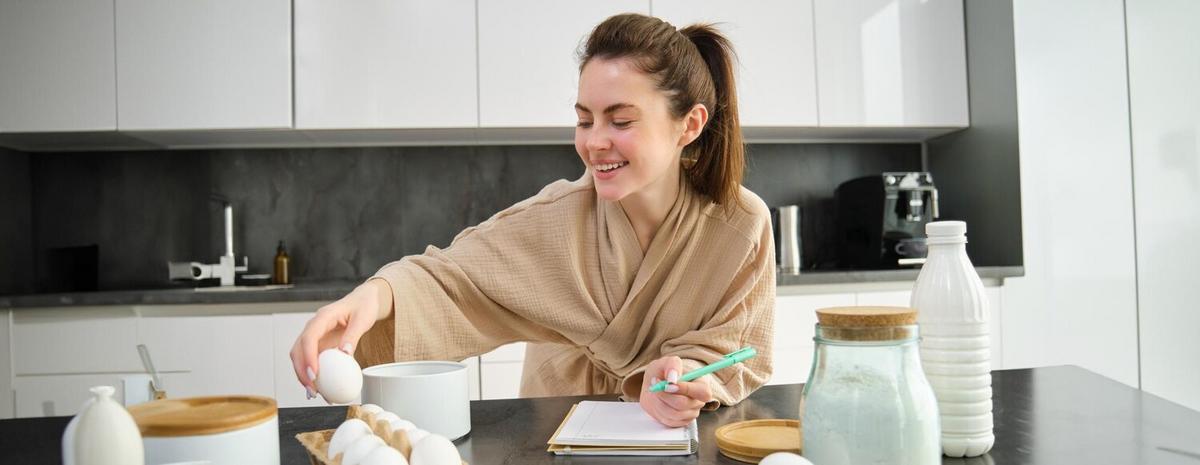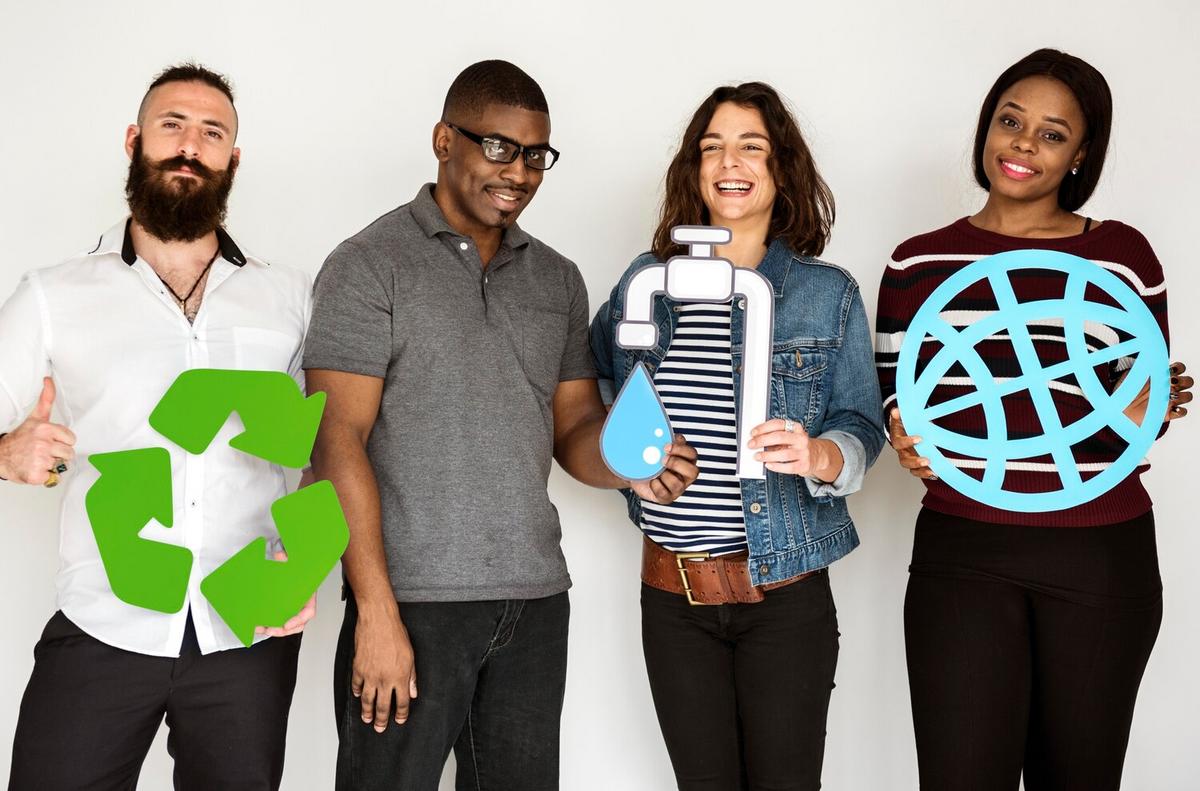In today’s world, where environmental consciousness and health awareness are on the rise, turning to DIY natural cleaning products is becoming increasingly popular. Not only are these homemade solutions effective, but they also offer a safer alternative to conventional chemical-laden cleaners that can pose risks to both our health and the environment.
Why Choose DIY Natural Cleaning Products?
Switching to natural cleaning products can be a game-changer for your home. According to the Environmental Working Group, many commercial cleaners contain harmful chemicals that contribute to indoor air pollution and can trigger allergies or respiratory issues. By making your own cleaners, you can control the ingredients and ensure a healthier living environment.
Expert Opinions
Dr. Marla Spivak, a biologist and environmental advocate, states, ‘Natural cleaning products made from household items like vinegar, baking soda, and essential oils are highly effective and much safer for your family and pets.’ Similarly, green living expert, Bea Johnson, emphasizes, ‘DIY cleaners help reduce waste and limit exposure to toxins.’
Relevant Research Findings
A study published in the American Journal of Respiratory and Critical Care Medicine found that regular use of conventional cleaning sprays could be as harmful as smoking a pack of cigarettes a day. This alarming statistic underscores the importance of seeking safer alternatives.
Simple and Effective DIY Cleaning Recipes
All-Purpose Cleaner
- 1 cup of white vinegar
- 1 cup of water
- 20 drops of tea tree oil
Mix these ingredients in a spray bottle. This solution is perfect for cleaning countertops, sinks, and even glass surfaces.
Glass Cleaner
- 1 cup of water
- 1 cup of rubbing alcohol
- 1 tablespoon of white vinegar
Combine the ingredients in a spray bottle and use it to achieve streak-free windows and mirrors.
Bathroom Cleaner
- 1/2 cup of baking soda
- 1/4 cup of hydrogen peroxide
Mix the ingredients to form a paste. Apply to bathroom tiles and grout, let it sit for a few minutes, then scrub and rinse.
Comparison Table: Store-Bought vs. DIY Cleaners
| Feature | Store-Bought Cleaners | DIY Natural Cleaners |
|---|---|---|
| Chemical Exposure | High | Low |
| Cost | Varies (often high) | Low |
| Effectiveness | High | High |
| Environmental Impact | Negative | Positive |
| Customization | None | High |
| Packaging Waste | High | Low |
| Allergen Risk | High | Low |
| Ease of Use | High | Moderate |
Pro Tips for DIY Cleaning
- Always label your homemade solutions clearly to avoid confusion.
- Store your DIY cleaners in a cool, dark place to maintain their effectiveness.
- Test a small area first to ensure the solution doesn’t damage surfaces.
- Use reusable cloths instead of paper towels to further reduce waste.
FAQs
Are natural cleaners as effective as store-bought ones?
Yes, many natural cleaners are just as effective, if not more so, than commercial options. The key is using the right ingredients and combinations.
Can I use essential oils in my DIY cleaners?
Absolutely! Essential oils not only add pleasant scents but also offer additional antibacterial properties.
Is it more expensive to make my own cleaners?
In most cases, DIY cleaners are more cost-effective since they use common household ingredients.
Conclusion
Embracing DIY natural cleaning products is an excellent step towards a healthier home and a greener planet. By making small changes in our cleaning routines, we can significantly reduce our exposure to harmful chemicals and contribute positively to the environment. Start with one recipe and see the difference it makes. Happy cleaning!


